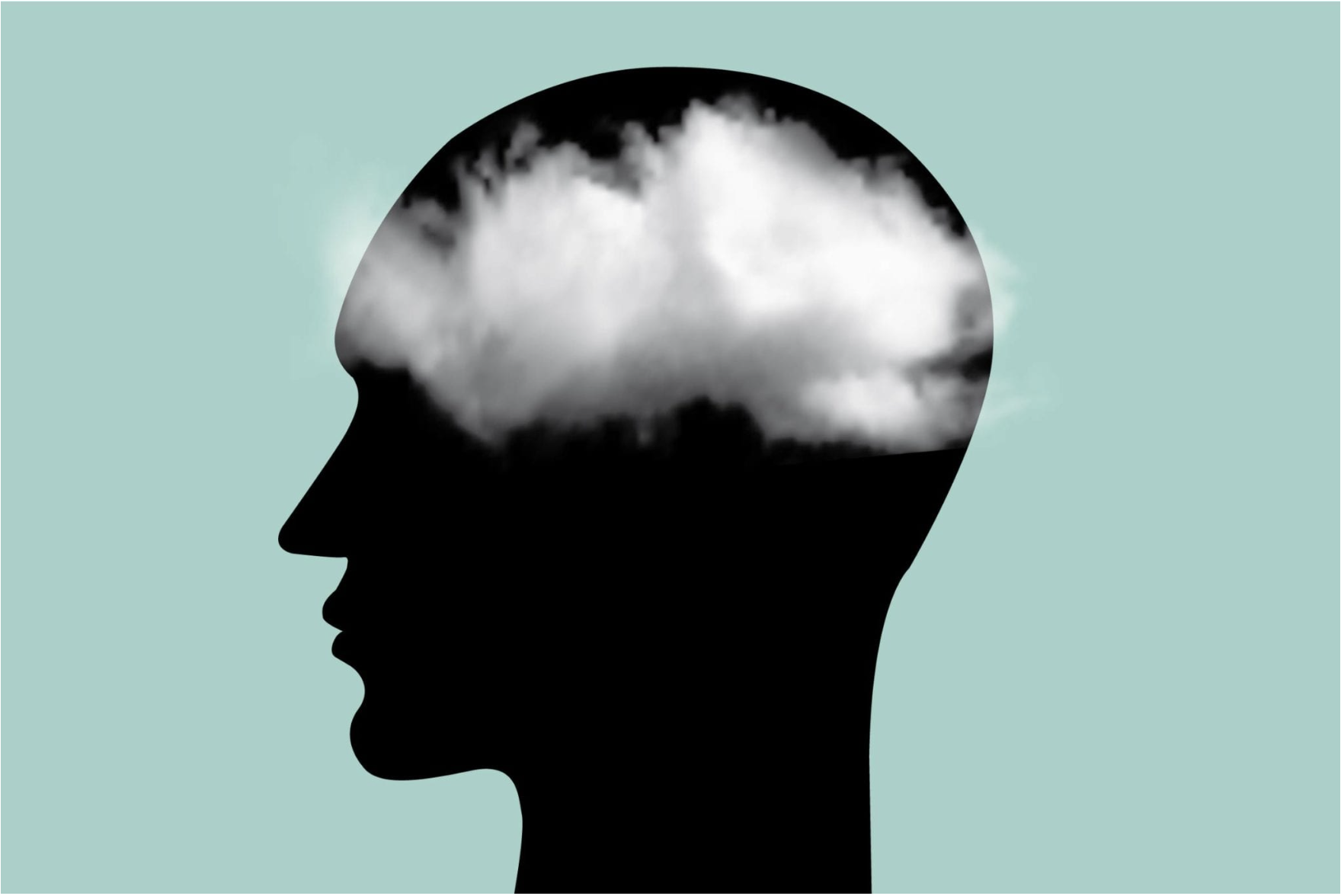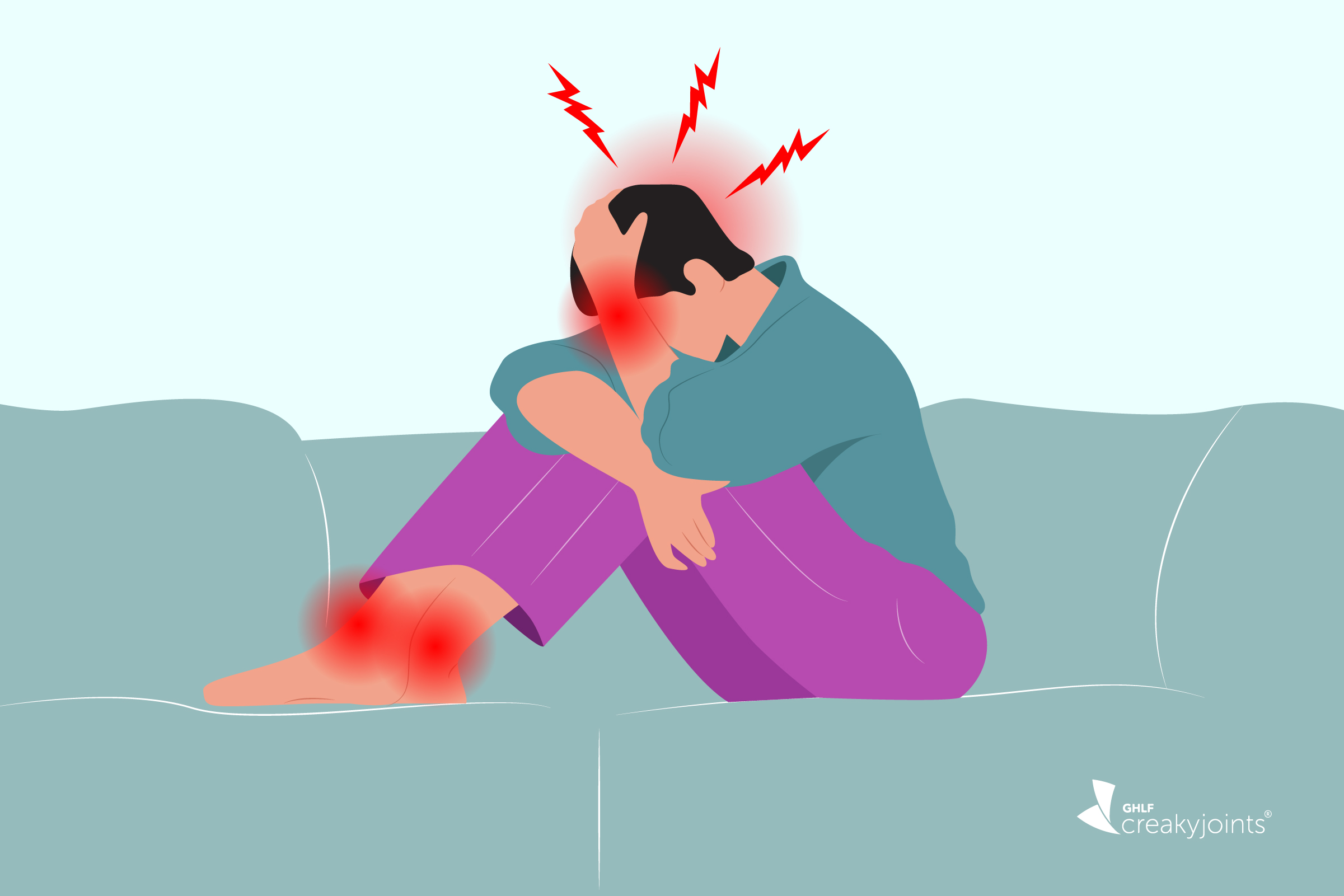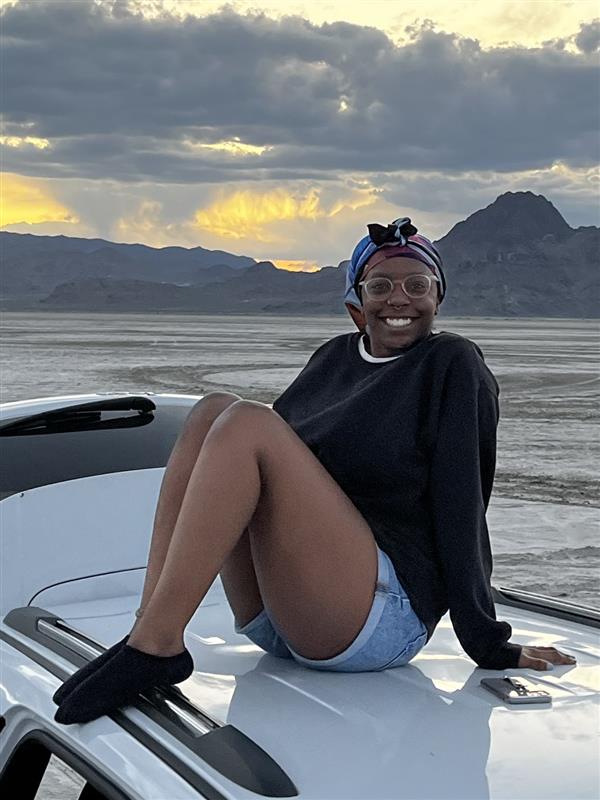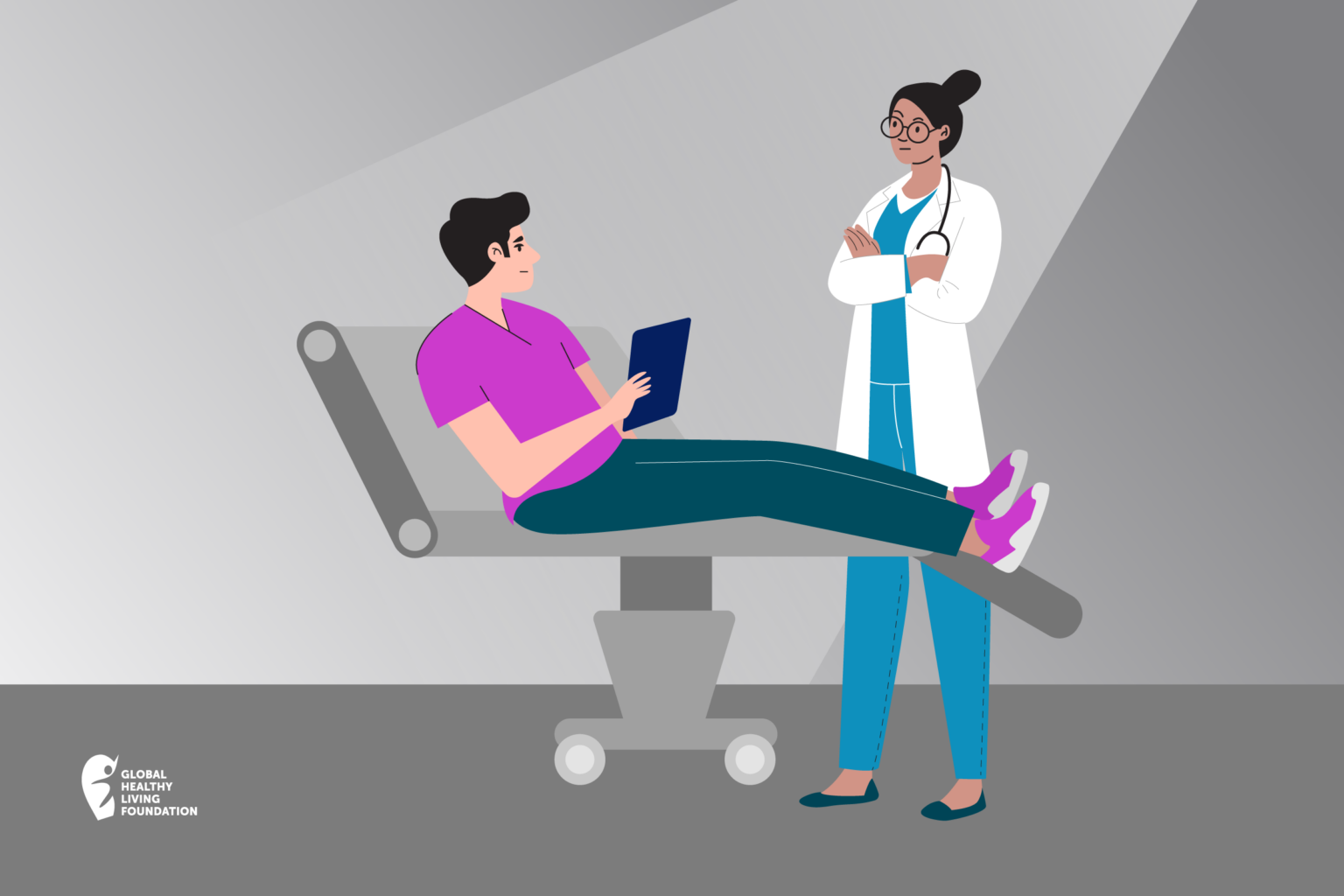"I am holding the trashcan on my lap when Chaka Khan starts to sing about female empowerment. I think: “
Sorry, Chaka, but it is not all in me today.”
How Mental Health Support Changed My Journey
How Mental Health Support Changed My Journey
“I couldn’t just ‘bounce back’ because my condition wouldn’t allow it. Living with chronic illness goes beyond what my usual coping strategies and support network can handle.”
September 17, 2024
Evette Waters
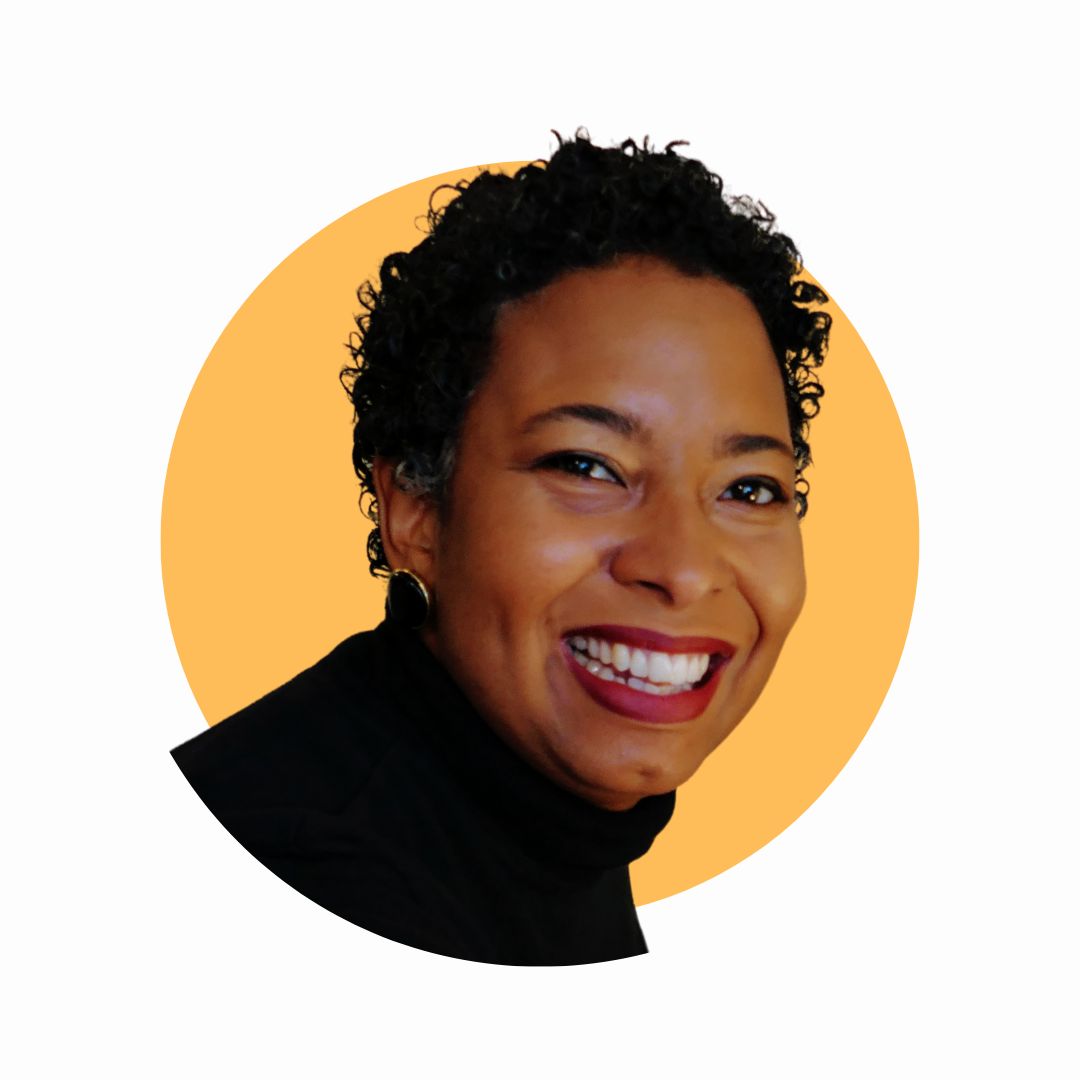
“Maybe life can get better than this,” I thought.
I was sitting in front of my computer during the virtual ChronicHue meeting reflecting on how often and easily treatment for anxiety and depression were brought up in the online support group for melanated people living with chronic illness and disability. I was not used to people from the BIPOC community talking openly about mental health, but during ChronicHue meetings discussing therapy and antidepressants was as common as discussing the weather. The honesty and acceptance of the participants was dazzling.
Intellectually, I understood and valued mental health services and medication to manage mental illness, but as a product of my African-American community, which values “handling your own Black business,” I felt myself divided. I wanted everyone to have access to mental health services. I believed that there should be no stigma surrounding seeking that help, but when I tried replacing the generic “everyone” with “Eve,” I felt internal discomfort. Somewhere inside my mind it felt shameful not to pick myself up with my own strength.
All my life, I was the passionate studious type. Throughout high school and college I balanced student government, performing in school musicals, and volunteering at church. After graduation, employment took me to different states and countries in non-profit roles. I was eager to help anyone in need. Until endometriosis made me the one struggling.
It took my health, then career, then independence. Since my endometriosis diagnosis five years ago, I’ve been trying to find my way back to myself and the life I once knew. I thought I could push through with the same grit and determination that got me through other challenges. At times, I felt like I was bouncing back, but just when I thought I had, the hopelessness would creep in again
It was winter. The worst season for my chronic illness symptoms and mental health. The increase of aches and pains from the cold and the waning sunlight made the months of winter gloomy and strained. I knew what I wanted for my life, writing a book and traveling, but I grew depressed watching endo rip joy from my life.
“My chronic pain and fatigue kept me from enjoying simple things like shopping trips, decorating the house, and attending gatherings with family and friends. Instead, I found myself battling painsomnia — nights of lost sleep due to pain — and facing yet another round of shingles. Each time my body reached its limit, I would have another outbreak of the painful welts. I longed for relief. I didn’t dare hope for it.
A Shift in Perspective
Month by month, the supportive and open space of the ChronicHue support group began to shift my perspective. As I listened to others share their struggles — both mental and physical — I found myself deeply relating. When I finally voiced my own worries and frustrations, my experiences were met with validation.
As BIPOC individuals, we faced the same stigmas and misunderstandings while navigating physical and mental illness in communities and cultures where these topics are often taboo. Their support and perspectives helped me accept that I couldn’t just “bounce back” because my condition wouldn’t allow it. Living with chronic illness goes beyond what my usual coping strategies and support network can handle.
The onset of chronic illness feels like moving to a new country. Tasks that used to take five minutes now take all day, because you don’t know the language or who to ask for help. You become homesick for the competent person you once were. You miss your old identity, accomplishments, and support network. But with time, you start new routines, meet new friends, and your identity expands to include who you are now, in this new place
“Chronic illness made my body feel like a strange land, far from my home country of Able Bodied. The ChronicHue community helped me recognize the mental and emotional strain I was under — and showed me that I could ease that pain. They taught me that I could build a new identity in the “new place” of my chronically ill body, if I was willing to embark on my own mental health journey. So, I decided to begin.
Tips to Begin Your Journey
Here are a few things that helped me get started on my journey — hopefully, they can help you too.
Talk to your primary care doctor.
Your doctor should be consulted when making any major health decisions. Some practices have behavioral psychologists and psychiatrists in house, which can make navigating treatment easier.
Ask about telehealth options.
While intake appointments with a new care provider are usually required in person, ask if follow-up doctor’s visits or therapy sessions can be done virtually. When you’re facing mental and physical challenges, removing barriers like travel can make it easier to stay committed to your treatment
Look up support groups.
Look for the characteristics that matter most to you. Are you seeking a group tailored specifically to your illness or condition? Do you prefer in-person meetings or virtual ones? Organizations like NAMI (National Alliance on Mental Illness) offer free support groups and resources.
Seek help.
If you need support right now, contact the Suicide & Crisis Lifeline. You can call or text 988. Their website, 988lifeline.org, gives options for chatting or ASL. Months into my mental health journey, I’m finally seeing the benefits of my decision. My antidepressant, virtual therapy sessions, and the ChronicHue community have been sources of support and comfort.
My physical symptoms are still here, but my ability to cope has grown stronger, and my improved mental health has motivated me to try a promising treatment for my endometriosis.
I’m beginning to get a taste of the “better life” I thought was out of reach. I am listening to my limits as I learn the language of the strange country that is my ill body. I’m finding balance and softening into the art of wellness — both mentally and physically.
Do you know someone who might benefit from joining our monthly ChronicHue meetings? Sign up here.
Source:
SUBSCRIBE TO GHLF
RELATED POST AND PAGES
_
Was this article helpful?
YesNo


